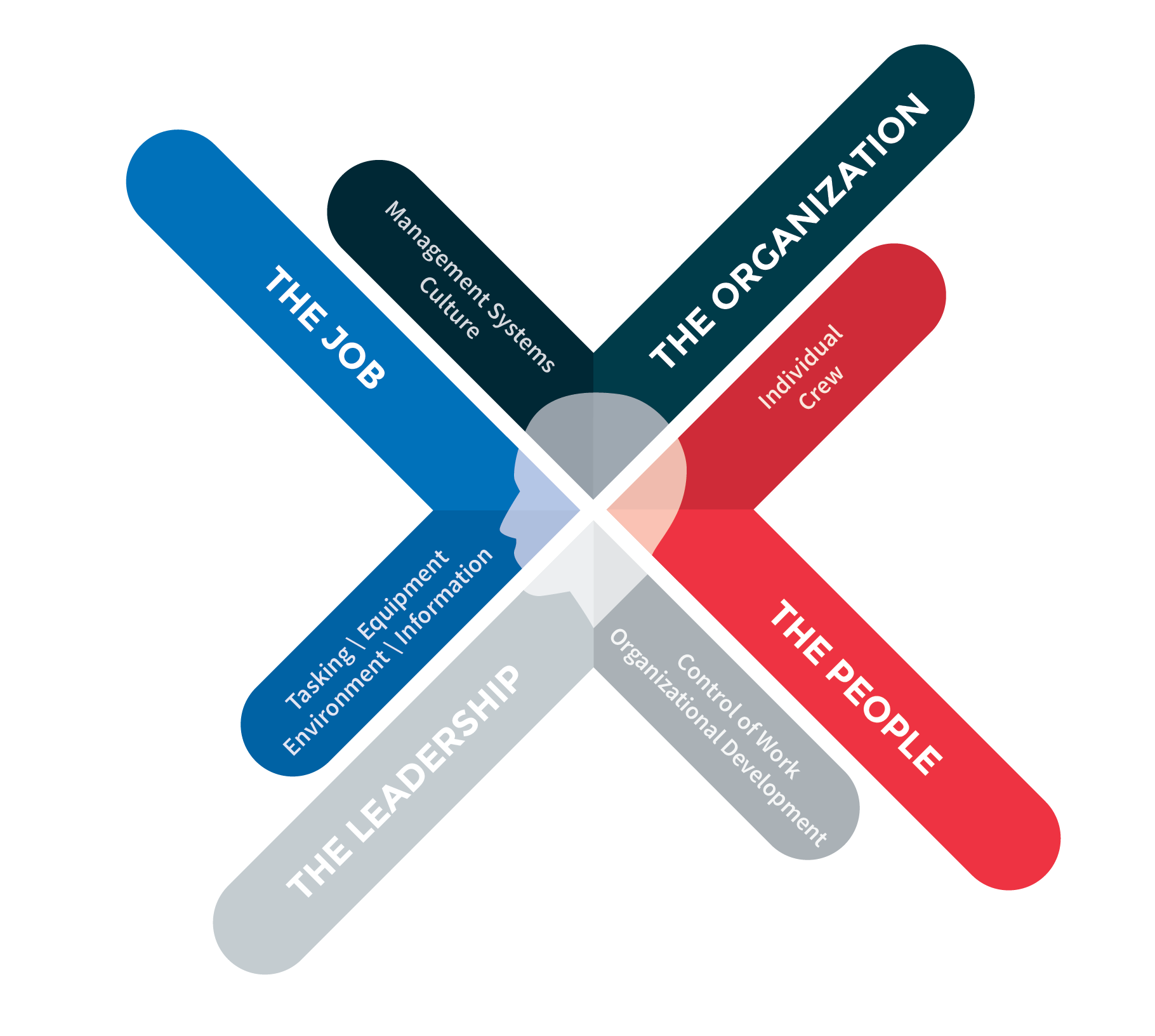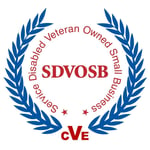An organizational "Journey of Change" begins with learning—and providing that knowledge is what Vetergy Group does best.
Apollo Root Cause AnalysisTM + Human Factors
October 8-10, 2024
October 28-30, 2024
December 3-5, 2024
Human Factors Analysis
September 24-25, 2024
October 23-24, 2024
October 29-30, 2024
Apollo Root Cause AnalysisTM (With RC Pro® Software)
October 1-2, 2024
December 10-11, 2024
Our programs are ideal for employees that lead or participate in solving organizational problems, perform root cause analysis, or investigate incidents. This includes:

We introduce human error as a tool for improving operational resilience. We find that, as a rule, people do not set out to cause failure; rather, they aim to contribute to the larger success of their organization. Nevertheless, as part of a multi-dimensional operating framework, individuals are sometimes shepherded by complex events into making decisions that instead contribute to failures.
We view organizations as complex systems with emergent behavior, unforeseen from a reductionist view of individuals’ behaviors. Instead of blaming individuals for error, we ask why the system responded the way it did.
Human error is inevitable and serves as a symptom of systemic failure. As with all symptoms, it becomes a signal spurring the need for systemic change. The idea is to welcome human error as an indication that leadership should investigate the dark, murky, uncomfortable cultural issues that made the error seem like a good idea at the time.
This training course introduces the fundamentals of analyzing human error in problem solving and incident investigations. It explores the theory behind human error and teaches investigators not only how to identify human error, but more importantly to determine why the error was made.
In this course, students will:
When finished, students will be more effective at exposing active and latent human related factors in order to provide intervention strategies that will increase the operational resilience of the organization.
The Facilitated Investigation Workshop is a one-day practical training exercise in the form of an incident investigation where the instructor serves as a member of the investigation team providing guidance where needed.
Course structure:
For any given event, there are typically a set of causes that need to be identified for the appropriate effective solution(s) to be discovered and implemented. That’s where the Apollo Root Cause Analysis™ (ARCA) Methodology empowered by RC Pro® Software comes in. Obtain the knowledge and build problem solving skills to become an effective problem solver.
In this course, students will learn the four-step principle-based problem solving methodology to master strategies and develop techniques that enable them to construct a powerful understanding of any problem. Learning this problem solving method will give you the problem solving skills needed to capture more essential information and open up more opportunities to identify solutions that eliminate, change or control proven causes.
Are you convinced that – or even still curious if - your organizational culture is driving business results, for better or for worse?
Do you seek to understand and enhance human reliability in your operations, so performance and safety go up?
The goal of Vetergy’s Culture Workshop it to activate the change story in a bottom-up manner by accessing the voice of the organization. We join cross-functional agents in a facilitated workshop setting to probe basic views of the operation, human reliability and operational resilience.
Our Culture Workshop initiates foundational change in the way an organization approaches the human element of its operations. Your agents will learn from real-world successes and failures of others. Most importantly, they will see clearly how these ideas are relevant to your organization.
Organizational transformation begins with one critical step; overcoming business-as-usual with a meaningful vision and a compelling reason for change. The need for change, on the other hand, has very different value to diverse individuals, teams and functions within the organization. Top-down driven plans struggle to trigger passion and ownership throughout the diverse business to achieve lasting change.
A purposefully healthy culture, measured and led, set up to self-perpetuate, emerges from committed attitudes and values of individuals and groups that make choices with real consequences.
Does your management team seek to enhance the human behavioral, leadership and cultural drivers that yield high performance outcomes?
The objective of the leadership development seminar will be to enhance continuity of leadership, teamwork and communication, engage safety as a cultural value, heighten awareness of hazards and early warning signs, and activate lasting change.
Our approach is founded on proven methodologies from operations in military/commercial aviation and US Nuclear Power and our consultants have first‐hand experience leading complex organizations in dynamic environments.
Transforming business culture requires time, persistence, and leadership commitment. Because cultural change is indistinct and dynamic, but grounded in foundational principles, it requires a detached and unbiased operational vantage with an expert eye for success. Subjective and objective indicators of success include:
 1200 Corporate Drive, Ste 170
1200 Corporate Drive, Ste 170©2024 Vetergy Group, LLC. All Rights Reserved.